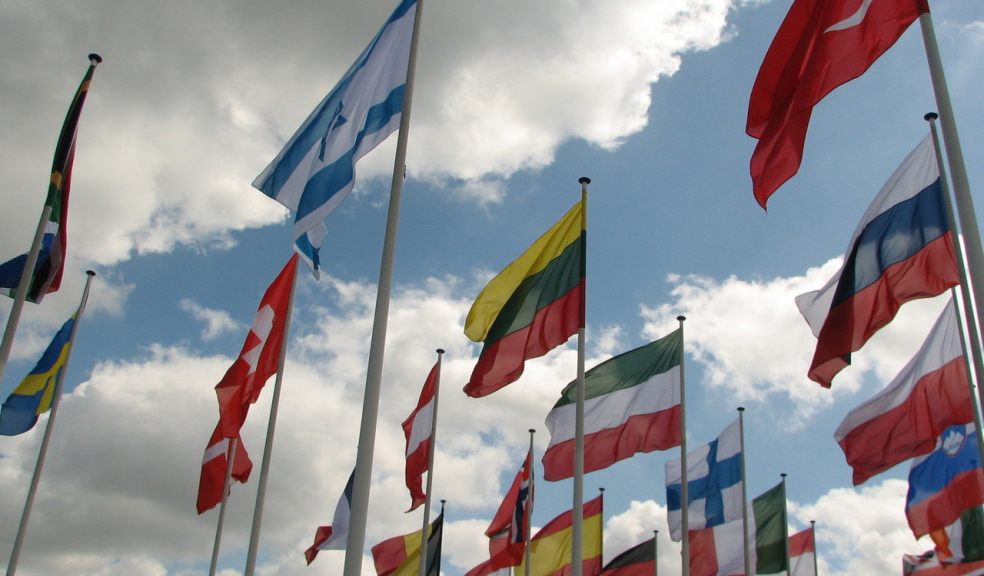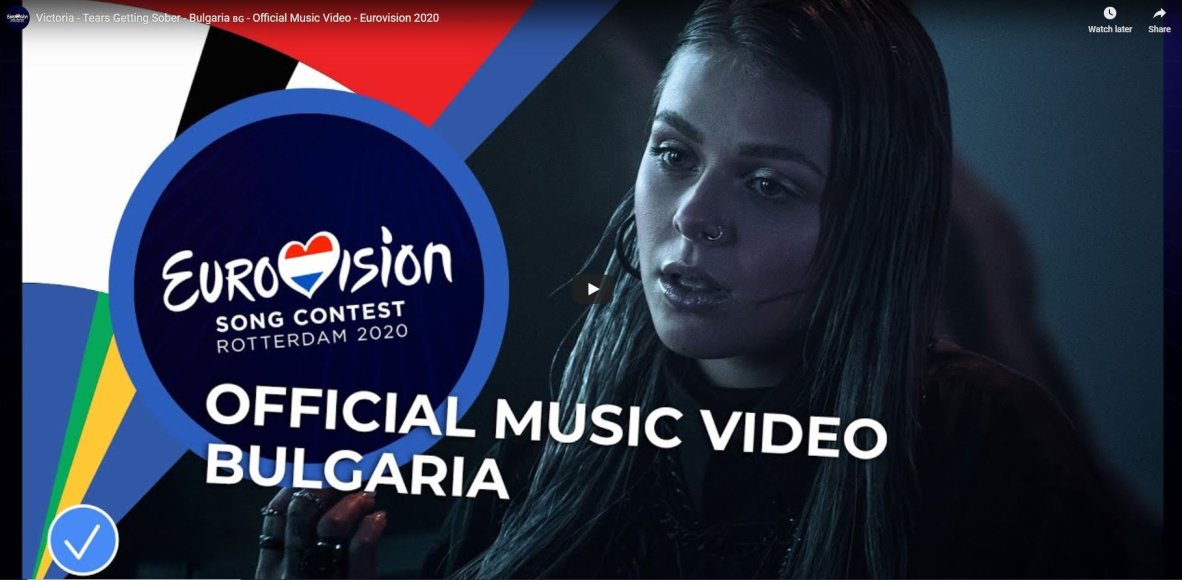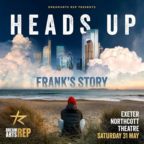
Is the Eurovision Song Contest finally gaining musical credibility?
For many years, the Eurovision Song Contest has been treated as a running joke by viewers in the UK. It gained a reputation for featuring low-quality Euro-pop music and many people only tuned in to listen to Terry Wogan’s witty and sarcastic commentary - a tradition maintained by Graham Norton who took over in 2009.
Recent UK failures
The UK’s attitude to the contest may have been partly fuelled by our failures. After enjoying great success between 1959 and 1981 - in which time we came first four times and second on 10 occasions - the UK only managed one more win (with Katrina and the Waves in 1997) and five second-place finishes. Since 1999, their best result has been third and in the last 20 years, the UK has only finished in the top 10 twice. Although, their results were not helped by entries from has-been artists such as Blue, Englebert Humperdinck and Bonnie Taylor.
These poor results may have contributed to the sneering attitude that saw the competition branded a joke. However, that attitude later transformed into something different as many people began to embrace the kitsch and cheesy side of the contest. Eurovision parties became a thing and the show developed a new cult following. Even Graham Norton’s changed his tone, becoming less acerbic and warmer in his commentary style.
A change of approach
More recently, there has been a noticeable change in approach from the songwriters and performers. There have been folk songs, indie artists and heavy metal bands, and while there is still a healthy dose of Euro-pop, even those songs are becoming more carefully crafted to reflect modern tastes. Dare we say it? Eurovision is slowly transforming into a credible musical competition.
This year’s edition has unfortunately recently been postponed, joining the long list of sports events cancelled due to Coronavirus. The entry list did initially feature a fantastic selection of songs covering many styles. The switch of focus has meant people are already turning to the 2021 edition, where a new batch of singers will get their opportunity to perform on the global stage.
Can the UK buck the trend?
Even the UK have upped our game this year, employing a songwriting team who have produced hits for the likes of Little Mix, Dua Lipa, One Direction and Olly Murs to pen the track “My Last Breath”. The track will be sung by James Newman who has written and performed with top artists such as Calvin Harris, Rudimental and Little Mix. One of the writers, Iain James, co-wrote Azerbaijan’s 2011 winning entry “Running Scared” sung by Ell & Nikki. James Newman also has Eurovision pedigree having co-written “Dying to Try", sung by Brendan Murray who represented Ireland in 2017.
If the UK does well at the finals in Rotterdam in May, it could help to reverse some of the negative attitudes towards the competition. But James Newman will have to buck the trend. Since 2010, the UK have never finished higher than 15th and last year’s entry “Bigger Than Us” by Michael Rice finished last with just 11 points.

















